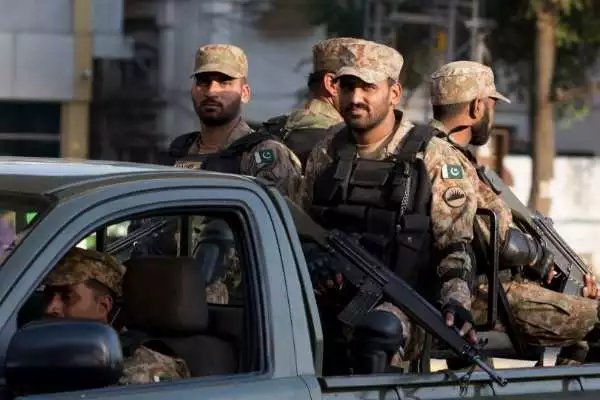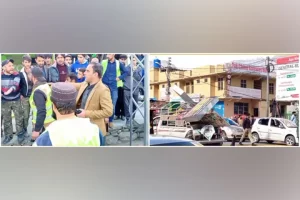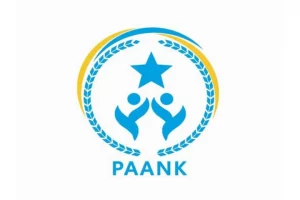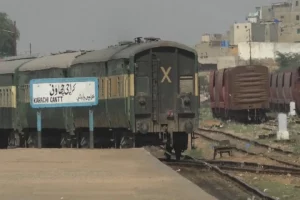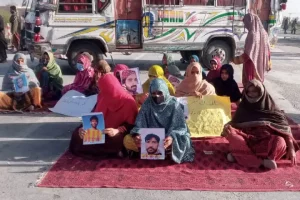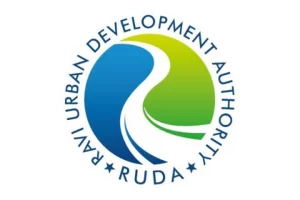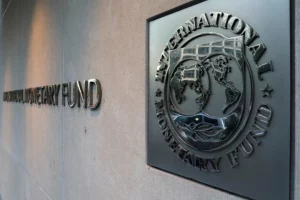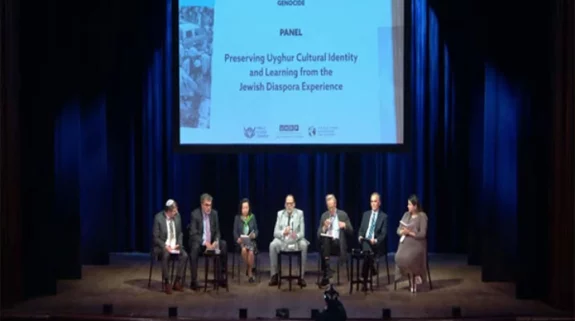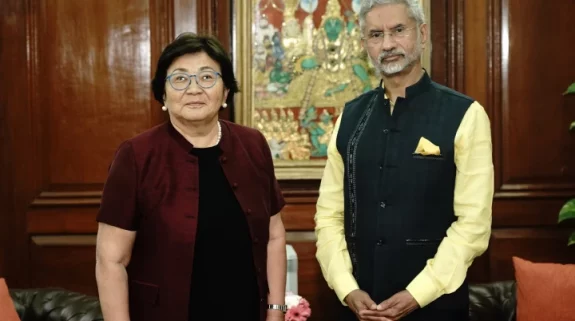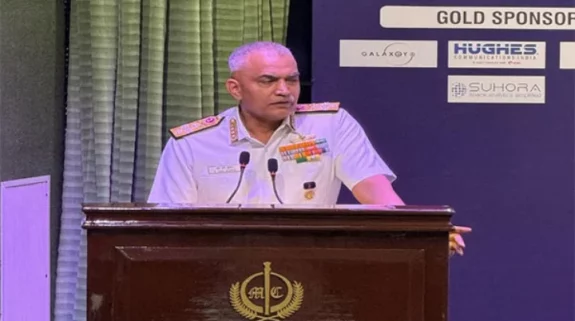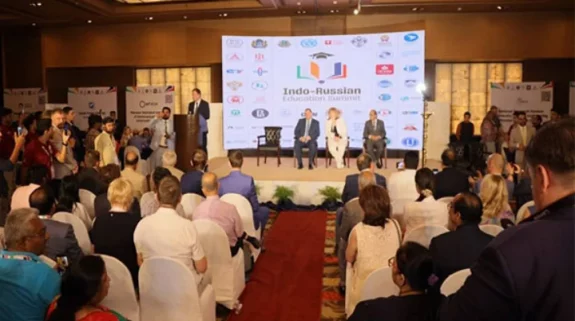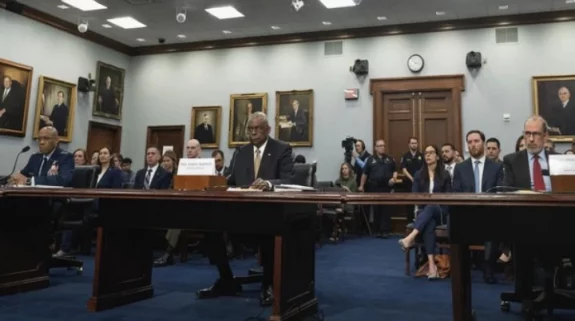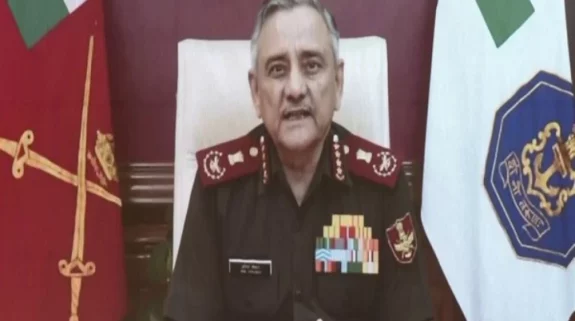In a revenge of dare devil attacks on their two posts on February 5, the Pakistani security forces have launched a massive crackdown on Baloch people across Balochistan.
The Pakistani forces have reportedly “abducted” 48 individuals from different areas of Balochistan in the past 10 days and the trend is on the rise.
“Hafeez Baloch, an M.Phil physics student at Quaid-e-Azam University Islamabad, was abducted and disappeared from his hometown of Khuzdar on february 9 by the Pakistani security forces,” says Nasrullah Blouch, a professor sharing the picture of the victim.
The devastating impact of the state policy of targetting the future intellegentsia of Baloch society is difficult to fully capture.
The brightest of the next generation (often the first in their families to receive higher education) have been systematically disappeared or killed https://t.co/vQ2I88N0nO
— Fahad Desmukh (@desmukh) February 16, 2022
Since then Baloch students are sitting in a camp at Pindi Point in Islamabad for the safe recovery of Hafeez Baloch.
Baloch Students are sitting in a three days sit in camp at Pindi Point QAU Islamabad for the safe recovery of Hafeez Baloch. Hafeez Baloch is an Mphil (Physics) student at QAU, who was forcefully dissappeared from Khuzdar on 8 Feb 2022.#ReleaseHafeezBaloch pic.twitter.com/pZMrnglt88
— Baloch Students Council (Islamabad) (@BSCIslamabad) February 16, 2022
Every day the Baloch people are taking out peaceful protests against enforced disappearances in Balochistan.
Video : Baloch People protesting against enforced disappearances in Balochistan
Every body should rise voice aganist enforced disappearances in Balochistan #KhuzdarRally #EndEnforcedDisappearances #SaveBalochMissingPersons pic.twitter.com/PgORhKp23f
— بشام بلوچ (@WahaagBaloch) February 15, 2022
TBP Video: Family members of Baloch missing persons and other activists carried out a protest rally today in Karachi to demand release of forcibly disappeared persons.
Report by @TBPEnglish
pic.twitter.com/Ep8HaGjxsA— یاسر بلوچ (@Sarawaan1) February 16, 2022
Activists say desperate accounts are common in Balochistan where they accuse Pakistani security agents of kidnapping or "disappearing" thousands of people over the years.
“All our students, teachers, lawyers, doctors — all those who are educated, all our intelligent youngsters — are being picked up," says Hafsa Baloch in a post on Twitter.
“The devastating impact of the state policy of targeting the future intelligentsia of Baloch society is difficult to fully capture. The brightest of the next generation (often the first in their families to receive higher education) have been systematically disappeared or killed,” says one activist.
Balochistan, Pakistan’s geographically largest but poorest province, has been wracked by insurgent movements for the last two decades. Home to roughly seven million people, Balochistan is poor despite its natural resources — a source of great anger to residents who complain they don't receive a fair share of the gas and mineral wealth. These insurgent groups are fighting for independence.
Pakistani forces are a common sight throughout Balochistan; even educational institutions are not free from the militarization.
Enforced disappearances are widely believed to be a part of the state’s counterinsurgency operations. Victims of enforced disappearances range from insurgents and family members of insurgents to political workers and even students. Anyone who is merely suspected of sympathizing with insurgents is at risk of being whisked away.
“Once again an atmosphere of fear is being built in Balochistan, much like 2009 times when one would think twice before calling themselves a Baloch out of fear of abduction,” Sabiha Baloch, chairperson of the Baloch Student Action Committee (BSAC) told The Diplomat.
Mama Qadeer of Voice for Baloch Missing Persons, whose son disappeared in 2010 and his body was found a year later on a vacant lot near the Iranian border, covered with burn marks and his arms broken, claims some 55,000 people have been kidnapped and 18,000 bodies later found since 2000 — figures Pakistani officials dispute. https://twitter.com/TahirTarash/status/1494197914939236353?s=20&t=I2roP2fZ_0l02kfvo0e9-A
Balochistan has seen a recent wave of protests from Gwadar to Quetta for the rights of the people and against enforced disappearances. Yet the protests and rallies in Balochistan don’t get any coverage in the mainstream media and Pakistani politicians avoid the issues troubling the country’s largest province.
Also Read : New Baloch National Front raises morale for an independent Balochistan






